Por Esteban Fuentes 23-12-2020 Clarin.com Rural
Marina Muscolo, from Pehuajó, was the promoter of this solidarity initiative. They produce 10,000 kilos of honey per year, and the new objective is to export the production.
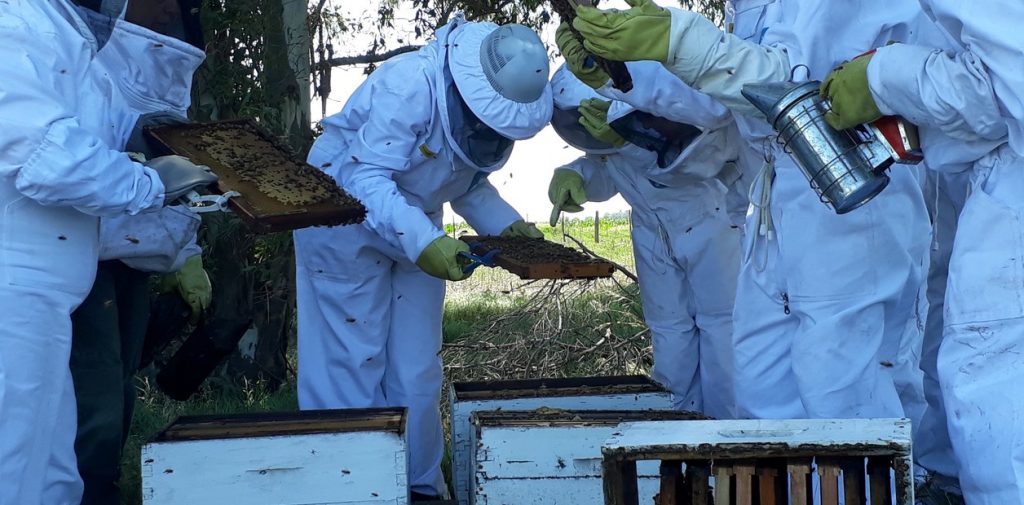
“Reinas de Corazones” was born four years ago in the Buenos Aires town of Pehuajó by the hand of Marina Muscolo. It aims to bring a development opportunity to rural women who live in the countryside through beekeeping.
“We started with three beekeepers in an exploratory way to see if it was viable, and little by little we expanded to other areas,” Marina told Clarín Rural, informing that they are currently also in San Miguel del Monte, Castelli, Azul, General Madariaga, General Lavalle, Trenque Lauquen and Cañuelas. “They are all locations in Buenos Aires province. Due to logistics and commercial costs, we cannot reach other provinces for now, ”she lamented.
The venture is made up of 90 women who are in production and it works as a kind of chain of favors. The person who wants to start the project has a year of training to learn the occupation and see if he likes the activity. Then, if she is interested, in the second year she receives a beekeeping kit consisting of a suit, the mask, the smoker and some beehives.
“At the beginning, the most difficult thing was to motivate someone to get hooked on the project because they didn’t know us and didn’t know what the project was about. But now we have more demand than we can deliver,” she acknowledged.
As she explained, when the person finishes the first production of honey, which is generally February and March,, she has the possibility of donating that production so that with the sale of that honey they can buy another kit for another woman. “The beauty is not only that you have the possibility to receive but also to give”, she was proud.
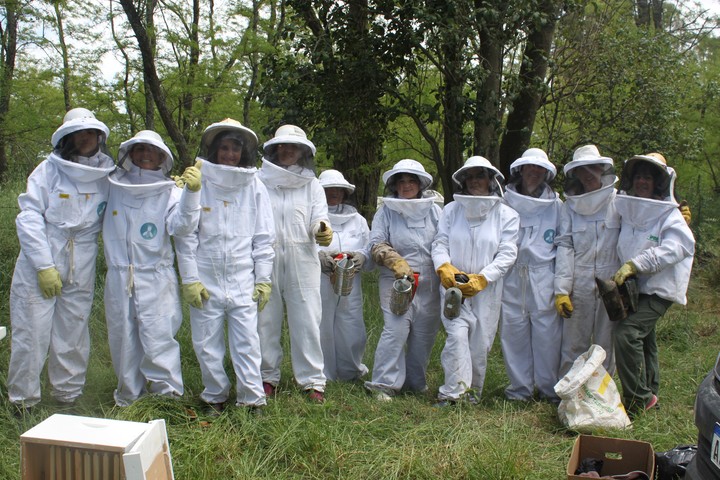
Marina related the reasons for this idea. “I was in permanent contact with rural families. And I knew the need of these women to have a job and to be able to generate their own income ”, she began by recounting it. “So, I started thinking about activities that these women could develop in the same place where they live. I thought of various activities until the bee bug bit me. It’s a win-win for everyone, ”she said.
She manifested she had the need to undertake, not only for an economic income, but to generate something more than an income. “That’s why I started looking for triple impact activities: economic, environmental and social,” she said.
The promoter of this initiative assured that the resources of nature are available and the only thing missing is to put the hives and someone who knows abour beekieeping. “It does not occupy space and provides a service to the establishment because through pollination the crops yield more and the pastures are healthier plants,” she remarked.
Currently, there are 90 women integrated into the solidarity project and annually produce 10,000 kilos that they market under the brand name “Reinas de Corazones” mainly in stores in Buenos Aires and online.
But the goal now is to start exporting honey production. According to Marina, from the hand of the Argentine Investment and International Trade Agency, they are participating in forums and trainings to learn about this new business.
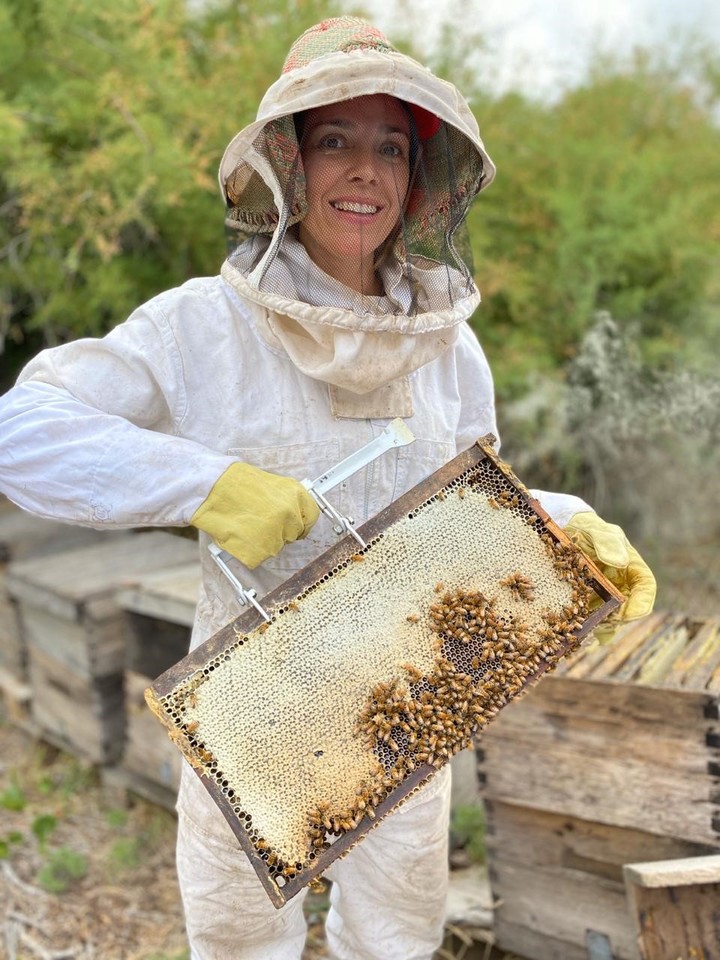
In the first place, she commented, they will look for nearby markets, such as Uruguay, Paraguay and Colombia, in which logistics costs are more accessible, and at the same time, to be able to experience these reference markets.
“Argentine honey is very good, it is one of the best in the world and being able to pack and add value at source is something that motivates us. In addition, adding value to honey could lead to more women joining this project,”she considered.
On the other hand, she mentioned that the coronavirus had positive aspects for the activity beyond what the pandemic means worldwide. She highlighted that the trainings were commonly done in the apiaries, in person. But due to the arrival of Covid-19, they had to suspend them and thanks to INTA Proapi, they began to train online.
“This created a great opportunity because from being 90 people, now we are more than 300 and not only from Buenos Aires, but also from other provinces and from 9 other countries. There was an explosive growth in relation to training ”, she was delighted.
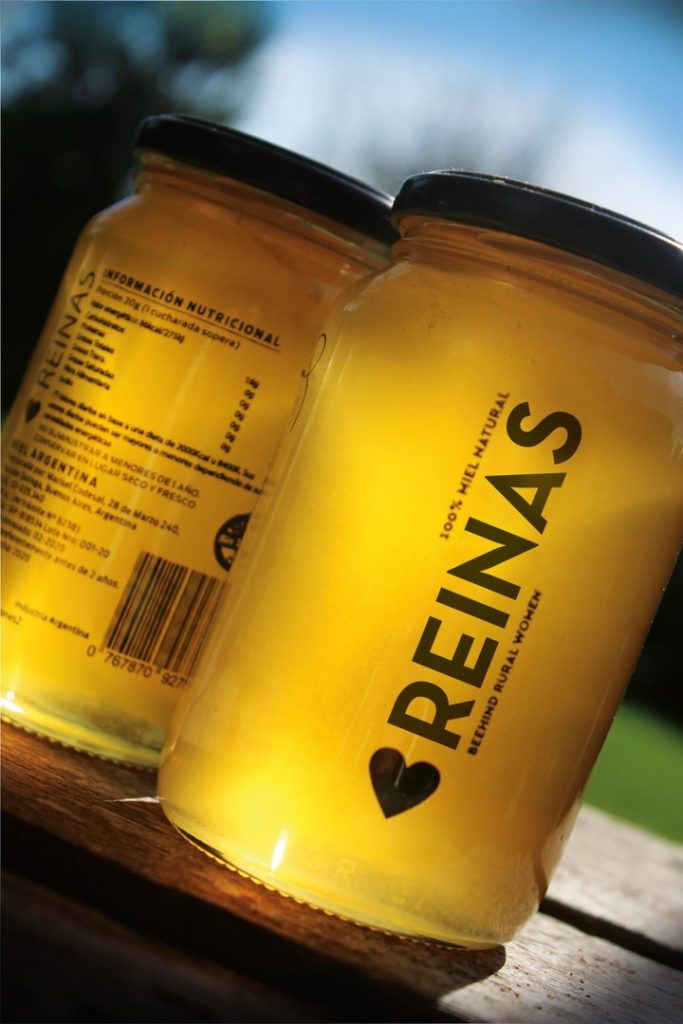
In addition, the coronavirus also favored the consumption of honey around the world, so the value of the product increased. “Today a kilo of honey is valued between 220 and $ 230 argentine pesos per kilo in bulk,” he said.
A caring entrepreneur
Marina graduated from Agricultural Engineering in the Federal Capital and went to live in the interior of the country. She had a brief experience in forestry and later turned to agriculture. She worked in a seeding pool company and later in a multinational focused on good agricultural practices. And all of her experience helped to face this solidarity project.
“Pollinators are a strong environmental tool because the survival of 70% of the planet’s plants and a third of our food depends on them. And bees are the pollinators per excellence because they are the only ones that visit the same plant species in the same flight, ”she indicated.
Currently, Marina dedicates 50% of her time to Reinas de Corazones project and the other 50% to private counseling.
But looking to the future, there is an issue that worries her which is the adulteration of honey. “It affects our business because at the international and national level there are products that are not honey and they are marketed anyway as honey, which causes a decrease in the price of the product, making the activity not so profitable,” she said.
“The production of the countries that have historically produced honey is falling every year for various reasons, including climate change, parasites in bees and the use of pesticides. It is not such a profitable activity. Production is falling but consumption rises and this is being compensated with honey is that are not 100% honey, “she warned.

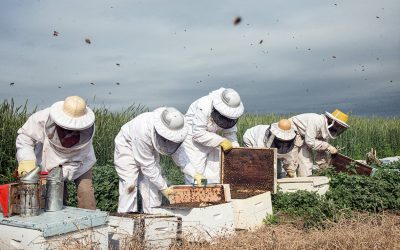





0 Comments